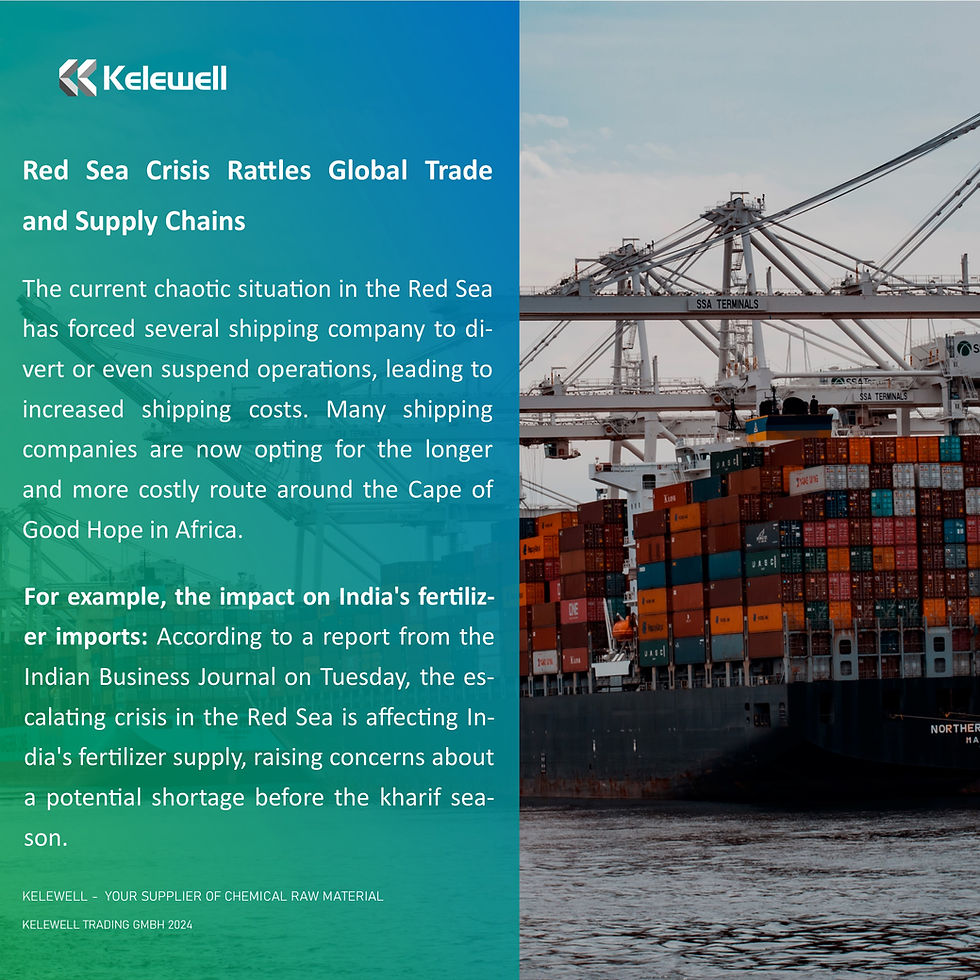The Red Sea, as one of the most important maritime routes in the world, connects to the Mediterranean Sea to the northwest via the Suez Canal and to the Arabian Sea to the south via the Bab el Mandeb Strait. It is a crucial oil transportation channel and a key shipping route connecting Asia, Africa, and Europe.
The current chaotic situation in the Red Sea has forced several shipping giants to divert or even suspend operations, leading to increased shipping costs. Many shipping companies are now opting for the longer and more costly route around the Cape of Good Hope in Africa.
On January 5th, Maersk announced that all Maersk vessels passing through the Red Sea and the Arabian Sea would take the southern route around the Cape of Good Hope. The total number of vessels taking this detour is expected to exceed 170, with each journey anticipated to extend transportation time by 10-14 days. Based on the statements and actions taken so far by Maersk, Hapag-Lloyd, and other shipping companies, it appears that most vessels, including those of Hapag-Lloyd and CMA CGM, will avoid sailing through the Red Sea and the Arabian Sea, choosing the route around the Cape of Good Hope instead.
The crisis in the Red Sea is causing a surge in shipping and energy prices, delays in delivery schedules, and is expected to have a significant impact on global trade and supply chains.
For example, the impact on India's fertilizer imports:
According to a report from the Indian Business Journal on Tuesday, the escalating crisis in the Red Sea is affecting India's fertilizer supply, raising concerns about a potential shortage before the kharif season.
Jordan and Israel are two major suppliers to India, providing approximately 600,000 tons of phosphoric acid, 3.7 million tons of phosphate rock, and 500,000 tons of potassium chloride annually from Jordan. Additionally, India imports 500,000 tons of potassium chloride annually from Israel.
However, it appears that Jordan and Israel are currently unable to deliver around 100,000 tons of fertilizer to India. Informed sources state that even Jordanian vessels are currently unwilling to pass through the Bab el Mandeb Strait.
As one of the world's largest fertilizer buyers, India is increasingly sourcing fertilizers from Russia and the Middle East.
Attention: The above price information is for commercial reference only due to the diversity of information collected, and Kelewell is not responsible for the authenticity of the data.

Comments